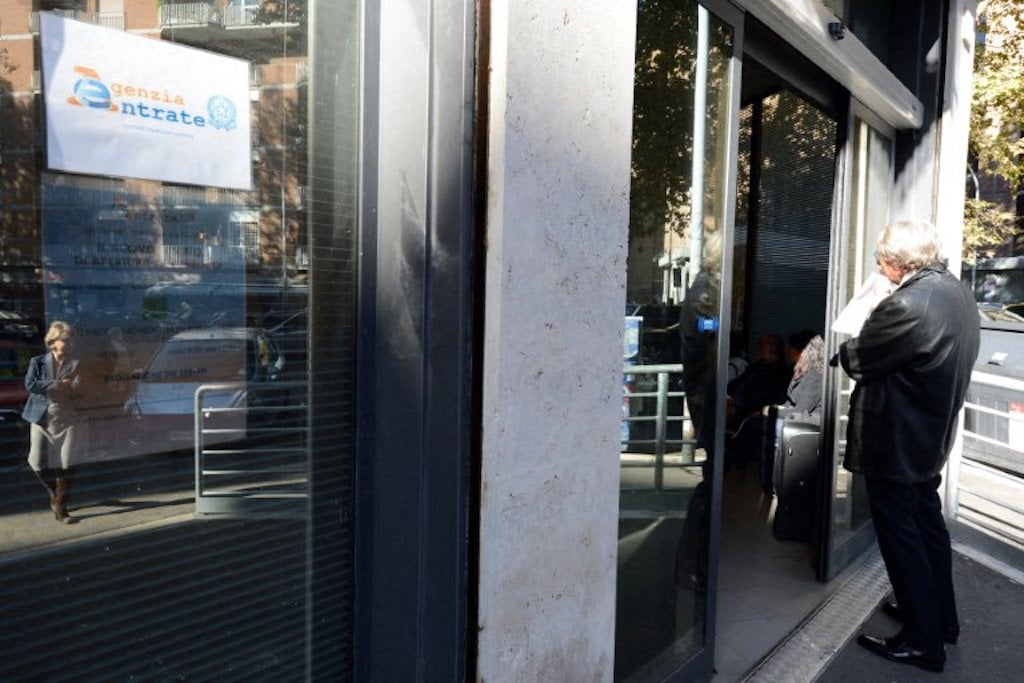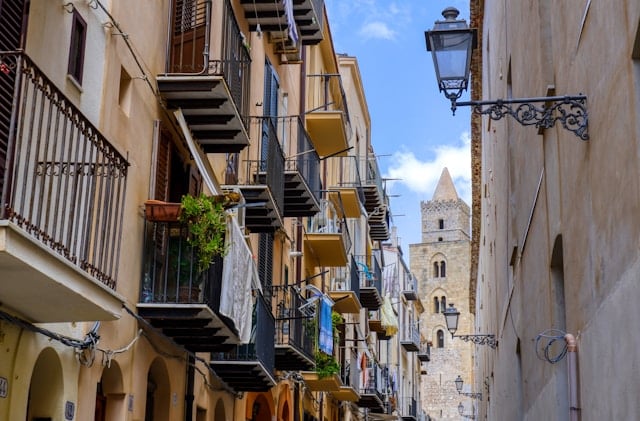Here at The Local we’re an international team living in Italy – which means we’ve either grown up navigating Italian bureaucracy or been through the simultaneously exciting and nerve-wracking process of moving countries.
Our new newsletter is aimed at people who are in the process of moving, have recently moved and are still grappling with the paperwork or perhaps are just thinking about it – and we’ll share a regular selection of practical tips. Our team is also available to answer questions from subscribers to The Local.
Five things to do when you move to Italy
If you’re a non-EU citizen who’s been through the process of applying for permission to move to Italy, getting your visa can feel like the final chapter in a long and arduous journey.
But there are several steps both EU and third country nationals need to take on arrival in Italy to make sure you’re fully registered with the authorities – some of which need to be completed within a relatively tight timeframe.
New residents need to apply for an Italian codice fiscale (tax code) and register as a resident with their town hall’s anagrafe within 90 days of moving to Italy.
Those coming from outside the EU must also apply for a permesso di soggiorno, or residency permit, within just eight days of arriving in the country.
We compiled a guide to these and other essential tasks you’ll need to complete once you’ve relocated to Italy.

Hiring an accountant for your Italian taxes
As Italy’s tax deadlines approach, new Italian residents will need to familiarise themselves with the country’s notoriously complex tax rules, which Prime Minister Giorgia Meloni recently described as “illogical and vexatious… and quite useless too.”
If you’ve always filed your own tax returns at home, you might think you’re just as capable of doing so in Italy – but it’s something the The Local’s readers tend to advise against.
“There’s not a chance I would file my own taxes in Italy,” said self-employed British reader Greg in Lombardy. “The rules keep changing, it becomes very time-consuming.”
As well as knowing how to navigate Italy’s labyrinthine tax system, an Italian commercialista can assist in applying for government bonuses and refunds, ultimately saving you money. Here’s what our readers had to say about their experience of using an accountant in Italy.
Meanwhile some of our American readers who are required to file taxes in both Italy and the US told us they recommended using the services of a professional accountant in both countries.
Separately, we recently explored Italy’s special tax rate for foreign retirees and whether the country’s flat tax rate for freelancers could be right for you.
Questions
The Local’s Reader Questions section covers questions our members have asked us and is a treasure trove of useful info on all kinds of practical matters. If you can’t find the answer you’re looking for, head here to leave us your questions.



 Please whitelist us to continue reading.
Please whitelist us to continue reading.
Member comments